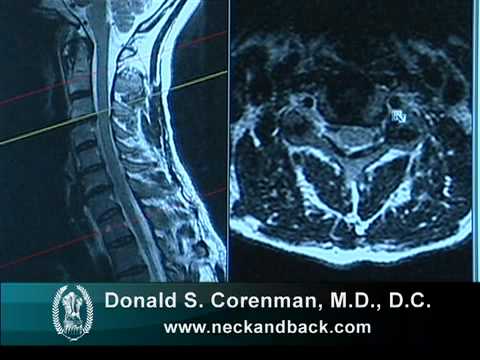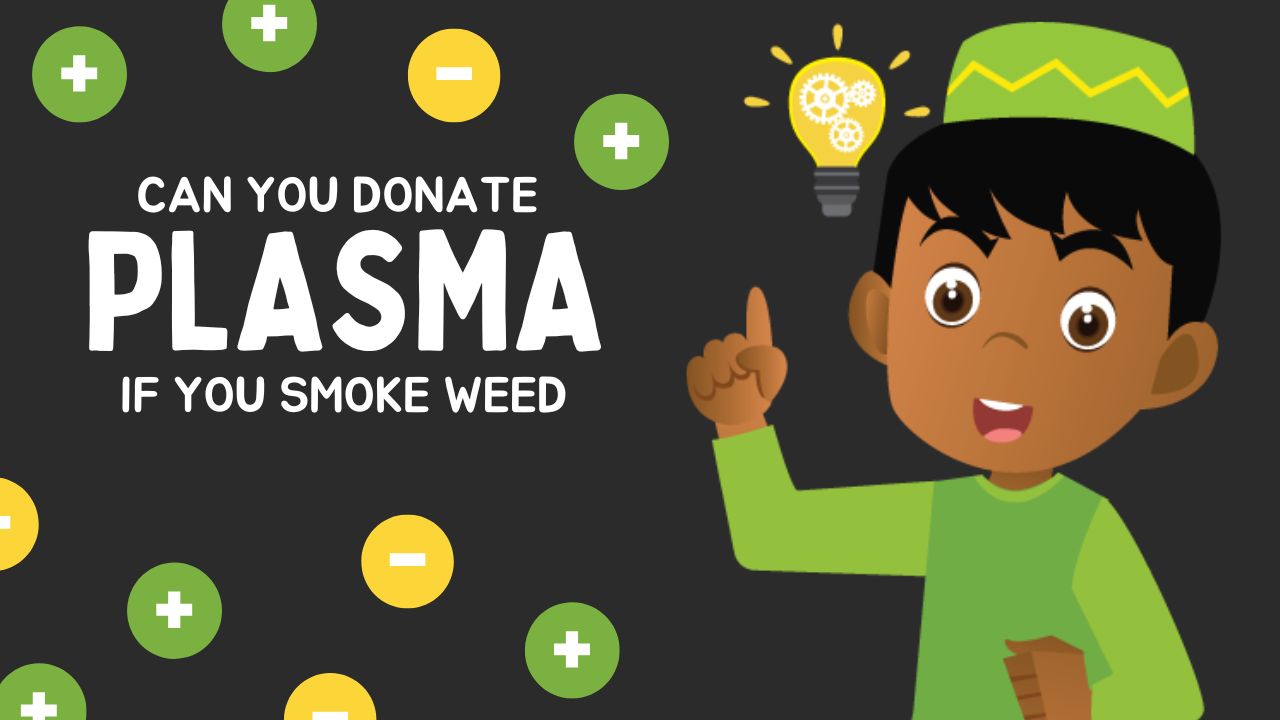Do Babies Dream?

Does my baby dream? is a question that most parents have asked at some point or another. Babies sleep more than they are awake throughout the first year of life. Sleep is characterized by a lot of smiles, sucking motions, and odd movements.

Although research on sleep has yielded many insights, it may never be certain if infants dream. However, we are aware of the significance of sleep for growth in general. Your baby’s brain is actively working when its body is at rest.
Infant phases of sleep
The American Academy of Pediatrics identifies four distinct stages of sleep for infants, which are as follows:
Stage 1: Drowsy: A newborn exhibits signs of sleepiness and nods off during this stage.
Stage 2: Rapid eye movement (REM) sleep is the next phase. This phase, which is often referred to as active sleep, is characterized by a lot of movement.
Stage 3: The movements start to slow down in the light sleep period.
Stage 4: Quiet sleep is another name for deep non-REM sleep. Compared to previous sleep stages, babies seem tranquil and are more difficult to rouse awake.
Sleep habits in babies
Infants spend a disproportionate amount of their time asleep. During their first year of life, both the overall amount of sleep they get each day and the timing of when they sleep will shift multiple times.
The average daily sleep schedule for a newborn is approximately 16–17 hours, broken up into spans of three to four hours each. By the time they turn one, the overall daily quantity has dropped to between 13 and 14 hours, with the longest stretch of uninterrupted sleep occurring (ideally) during the nighttime hours.
According to the findings of several studies, the stages of sleep experienced by newborns are fairly evenly split between the non-REM and REM periods. Adults, on the other hand, only spend about 20–25 percent of their total sleep time in the REM stage of sleep.
Science on baby dreams
While we sleep, our minds create thoughts, images, and experiences that we refer to as dreams. Dreaming requires an individual to be able to absorb abstract ideas and differentiate between “self” and “not-self.” Babies, due to their lack of developed language skills, are unable to communicate with us about what takes place during their slumber.
For older children and adults, REM sleep is the stage of sleep during which they have the most vivid dreams. REM sleep is also the time of the night when your brain analyses feelings and experiences, selecting what to keep and what to get rid of. This takes place during the deepest stage of sleep.
What occurs while REM sleep?
The amount of time spent in REM sleep is greater during the infant stage of life than at any other period. However, scientific research suggests that the human brain is not yet developed enough to be capable of dreaming in the traditional sense.
According to a number of studies, adequate sleep is linked to healthy physical development, general cognitive growth, and the formation of memories. In the case where babies sleep for 16-17 hours, 8-9 of those hours are spent in the REM stage of sleep. What exactly takes place throughout all of the time spent in an active sleep state?
The brain analyses information forms new neural pathways and creates connections while it is in the REM stage of sleep. A cascade of neuronal activity that is crucial for general development is related to facial expressions including smiling, as well as movements of the arms and legs, and eye fluttering.
Signals are sent to the brain whenever we make a movement, even if it seems completely random. These signals are used by the brain in the processing and development of a “somatotropic map.” Your infant can eventually learn the difference between “self” and “not-self” with the help of this map. It is the cornerstone upon which all subsequent learning is built. In most cases, infants are between six months and one-year-old before they comprehend the concept that they are unique from other people.
The proper amount of sleep is critical for the growth of your baby. Therefore, the next time you observe your infant making a random movement or smiling while they are sleeping, you will know that their brain is actively striving to make connections, develop pathways, and process information.
The scientific community is unable to say with absolute certainty whether or not infants dream. Perhaps in the not-too-distant future, technology will advance to the point where it will be able to transmit visuals directly from a person’s sleeping brain. Up until that point, all you can do is speculate and try to picture what your baby sees in their mind as they go off to sleep.
- Your Ultimate Guide to Travel Insurance for Adventure Sports
- A Guide to Renters Insurance for Pet Owners: Pet-Proof Your Policy
- Safeguard Your Future: Understanding Identity Theft Insurance
- Safeguard Your Event: Understanding Event Cancellation Insurance
- Everything You Need to Know About Critical Illness Insurance Riders
- Home Equity Loans vs. HELOCs: Which is Right for You?












